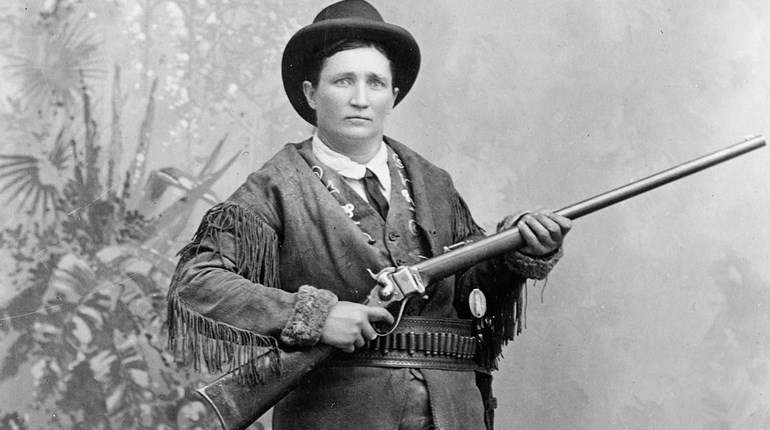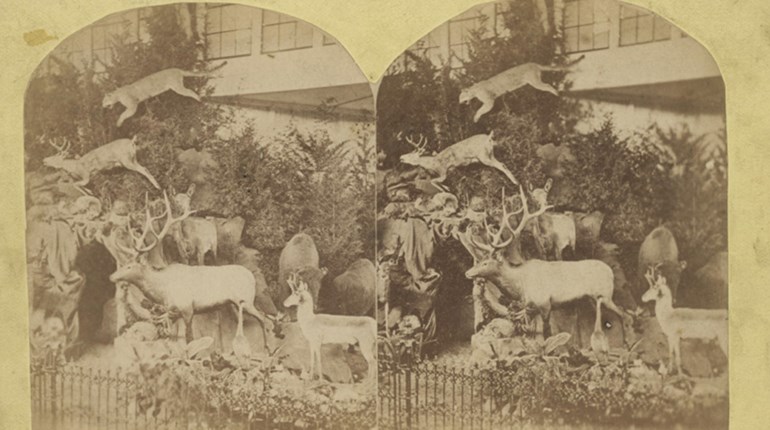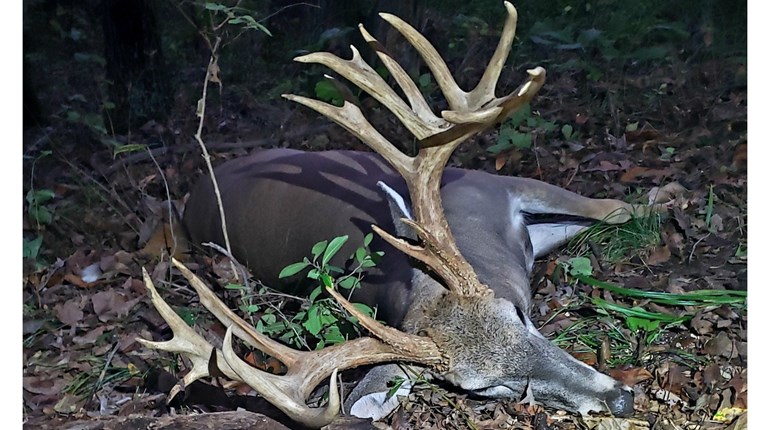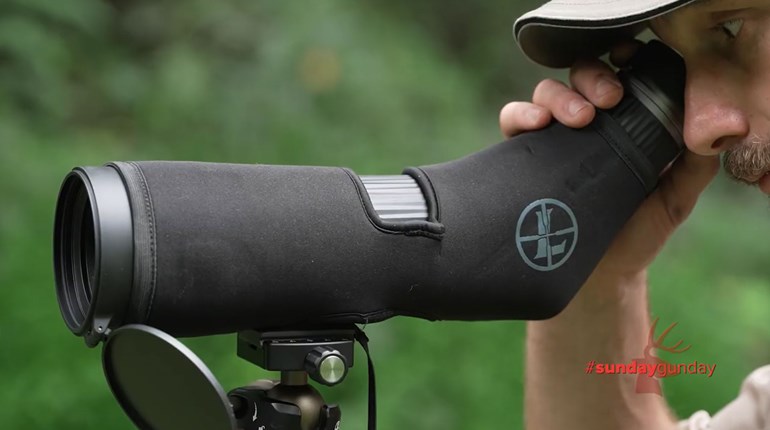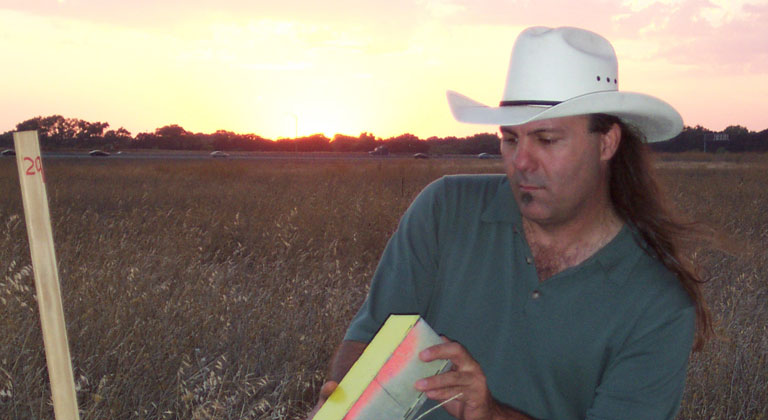
If you like working with animals and you like being in the outdoors, wildlife biology may be the cool career for you. “But,” says Roger Jones, “you’d better be a morning person, or you’re in trouble.”
As a wildlife biologist for a government agency in California, he should know. Of his 15-plus years on the job, Jones says, “I don’t recall many days that I wouldn’t have had to be here by 6:30 in the morning.” In fact, Jones says, he starts most work days by 4:45 a.m. Now that’s early! The thing is, if you’re a wildlife biologist, you have to work around the animals’ schedules. That means you may need to be in place before sunrise or, if you’re working with nocturnal animals—animals that are active at night and sleep in the day—you may find yourself staying awake all night and sleeping all day.
The Nature of the Job
Wildlife biology is the study and conservation of wild animals and other wildlife and their habitats, that is, the places in which they live. Much of the work centers on research or wildlife management. The job, says Jones, “involves field work and office duties. There are times that there isn't another soul for miles, and other times you're standing in front of an audience. We are often handling wild animals, but are just as often handling paperwork.”
As the human population continues to increase, one of the problems animals face is that there are fewer places for them to live. Wildlife biologists study what kind of environment the various species need to survive, so that they can help ensure healthy animal populations. This may mean actually reconstructing wildlife habitats such as wetlands or tall-grass prairie lands. Or it can mean building nests for tiny burrowing owls—sometimes with a little outside help.
The Environmentality Challenge
During the 2006-2007 school year, Mr. Jones talked to a Sutterville Elementary School fifth grade class and their teacher, Mitch Carnie, about the decline of the burrowing owl and the damage to the little owl’s habitat in that area. The class decided they wanted to help. Under Jones’ mentorship and their teacher’s guidance, these 10- and 11-year-olds built data tables tracking owl numbers since 1996. They wrote a song, created slide presentations and constructed six artificial owl nesting dens using plastic irrigation pipe, concrete blocks and other materials. Last spring, the class was California’s grand prize winner of the 2007 Jiminy Cricket Environmentality Challenge.
“Working with those kids and being there when they received their award was one of the greatest days of my career,” says Jones. “I was so privileged to be associated with those kids,” continues Jones, who this year is working with another fifth grade class, this time on a project concerning bees and colony collapse.
A Typical Day
There aren’t a lot of typical days when you’re a wildlife biologist. Some days you may capture and mark animals so you can track them. Other days you may spend relocating animals to an area where they have a better chance for survival. Maybe you’ll study them from a blind in the pre-dawn hours. Then again, you may find yourself wielding a shovel. You may work in the mountains or the deserts, in wetlands, forests or city parks. The weather may be extremely hot or extremely cold. “Our work doesn’t slow down much in winters,” says Jones, “the clothes just get heavier.”
But all work isn’t in the field. You’ll spend a lot of time in an office, working on a computer, analyzing the information you have gathered and drawing conclusions, writing reports and scientific papers, creating wildlife management plans and going to meetings. You’ll also work with people. You may conduct tours, talk to the public about your work and make presentations—or, like Jones, you might find yourself helping to educate school children about wildlife.
Is Wildlife Biology for You?
Wildlife biology can be an extremely rewarding career. “There’s a pride that comes from knowing that you’re doing important work and that you will have a lasting effect on your environment,” says Jones. He enjoys the challenge of ensuring the health of the wildlife he loves so much. This is not a career that is likely to make you rich, but you can certainly earn a good living. “I tell people you’ll never see your debt go down,” says Jones, “but you’ll always get to see the sun come up.”
For more information on wildlife biology or Roger Jones and his work, click here.














